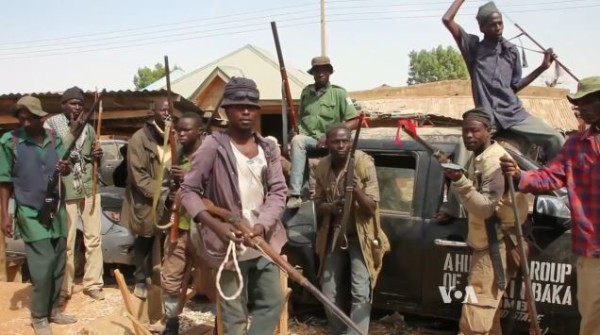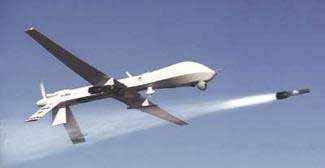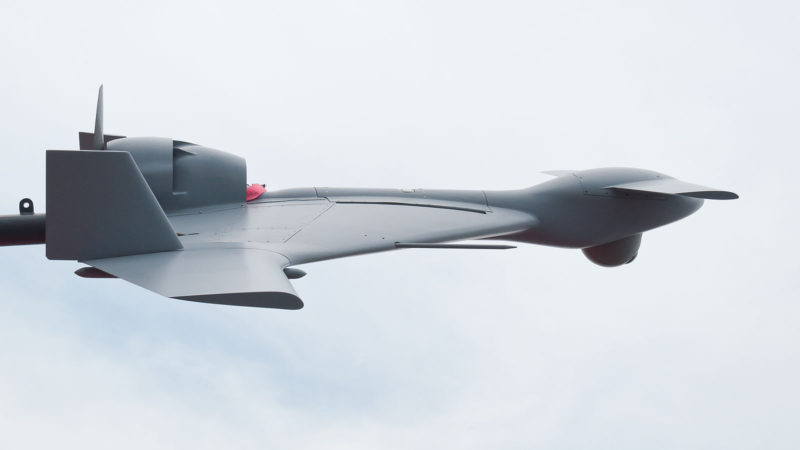
Nigeria’s militant Islamist group Boko Haram, which has threatened the nation’s government through a series of bombings, assassinations and abductions, has highlighted serious flaws in the country’s defence procurement. The group launched its insurgency in 2009, and while it operates mainly in the northeast of the country, the entire country is beginning to come to terms with the effects.
July witnessed the resignation of Nigeria’s Chief of Defence Staff, Air Chief Marshal Alex Sabundu Badeh. In a speech in Abuja, the capital city of Nigeria, Badeh commented that “certain countries frustrated our attempts to procure much needed weapons” to tackle Boko Haram. He highlighted that a similar situation had occurred during the country’s civil war, from 1967 to 1970. This has meant that “when faced with the crises in the North East and other parts of the country, the military was overstretched and had to embark on emergency recruitments and trainings, which were not adequate to prepare troops for the kind of situation we found ourselves in,” Badeh commented.
Badeh failed to refer to any specific country, though it was clear that this speech came with a message for President Muhammadu Buhari: the fight against Boko Haram should not necessitate a significant reliance on foreign powers. As he stated, “I have this final message for my country men/women and the Armed Forces of Nigeria. I want to state emphatically that no nation can achieve its full security potentials by totally depending on other nations for its defence needs.” Badeh suggested that in the past, the advice of foreign nations had been used to prop up certain regimes.
Concomitant with this resignation was the accusation of corruption within the Nigerian government regarding defence spending. President Buhari ordered chief military officials to disclose details on how the funds allocated to tackle Boko Haram were being spent. The President has been under pressure from junior officials, who felt that key officials were misappropriating funds. One such official commented that “Most of our personnel have no bullet proof jackets, no uniforms, prompting the soldiers to wear all manner of shades of camouflage. They are poorly fed and most times denied payment of operation allowances.”
The question remains where the billions of Naira allocated to fight Boko Haram have gone. For some, including reporters at The Nation, the answer lies in the decision to shift the procurement of weapons from the Ministry of Defence (MOD) to the office of the National Security Agency (NSA). Defence procurement then fell under the remit of the favoured late General Andrew Owoye Azazi, who had been implicated in a significant arms deal in his division. This involved the sale of arms to Niger Delta militants between January 2005 and July 2006. While Azazi was never charged with these crimes, the implication is clear. The move from the MOD to the NSA meant that certain procedures designed to eliminate corruption at the MOD were no longer in place at the NSA.
Badeh chose not to focus on corruption in his resignation speech. Instead, he concluded with a more international focus: “I appeal to the relevant agencies of government to mobilise the huge human and material resources we have in this country towards the development of a vibrant Defence Industrial Complex that would contribute to meeting our critical arms and equipment needs. This is crucial if we must reduce our total dependence on foreign sources of supply for critically needed arms.”
On August 13, the Nigerian military announced that it had deployed further combat aircraft to tackle Boko Haram in the northeast of the country. This comes as part of Operation ‘Lafiya Dole’, meaning peace by force. In the long-term, this operation will require further economic and military support. It remains to be seen whether the key message from Marshal Badeh, which advocates reducing the country’s reliance on foreign defence suppliers, will be seriously considered.




